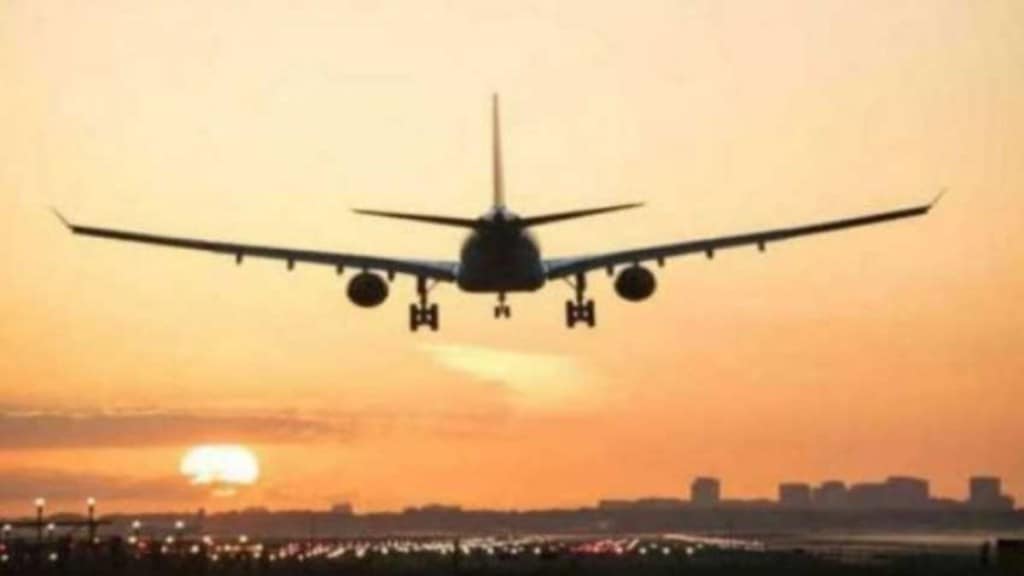In a significant development for the Indian aviation sector, Vistara, a joint venture between Tatas and Singapore Airlines, is set to merge with Air India by mid-2025. Vistara CEO Vinod Kannan expressed confidence that all legal approvals for the merger will be secured by the middle of this year.
The proposed merger was announced by the Tata Group in November 2022 and it aims to position Vistara as a major player in the aviation industry and foster growth through a consumer-centric approach.
Vistara’s proposed merger with Air India marks a pivotal moment in the Indian aviation industry, with the airline poised for strategic growth and enhanced market presence.
Merger details and stake acquisition
Under the merger deal, Singapore Airlines will acquire a 25.1 per cent stake in Air India, solidifying its commitment to the Indian aviation market. Vistara, with its current fleet of 67 planes and approximately 320 daily flights, is expected to enhance the merged entity’s operational efficiency, consumer-focused services, and overall staff capabilities.
As Vistara celebrates its ninth year of operations on January 9, 2024, CEO Vinod Kannan provided insights into the airline’s financial performance. Despite facing challenges in the second half of the previous fiscal year, Vistara broke even in the last quarter of 2022-23.
“We broke even in the last quarter of last year (2022-23). From October 2022 to July 2023, we were in the black but then like for most other airlines, July, August, September and October were the weakest months, and we had to take some losses there… December has been a very strong month,” Kannan said.
Fleet expansion and international operations
Vistara plans to expand its fleet size to 70 planes by April 2024, including the addition of a Boeing 787. The airline has strategically deployed its capacity, with approximately 35 percent dedicated to international routes and the remaining 65 percent serving domestic routes. In response to changing market dynamics, Vistara will focus on Europe and Southeast Asia, discontinuing flights to the US.
Reflecting on the past nine years, CEO Vinod Kannan emphasised the importance of scale in the aviation industry. He stated that the key learning for Vistara has been to prioritise the customer and place them at the center of operations.
Kannan expressed hope that this customer-centric approach would be seamlessly integrated into Air India post-merger. He also outlined the timeline for the merger process, with legal approvals expected by mid-2024 and operational integration anticipated by early or mid-2025. He highlighted that the merger is driven by a vision of growth rather than cost-cutting or efficiency measures.
Moreover, Kannan discussed Vistara’s innovative approach to staff training, with plans to incorporate virtual reality and augmented reality technologies.
